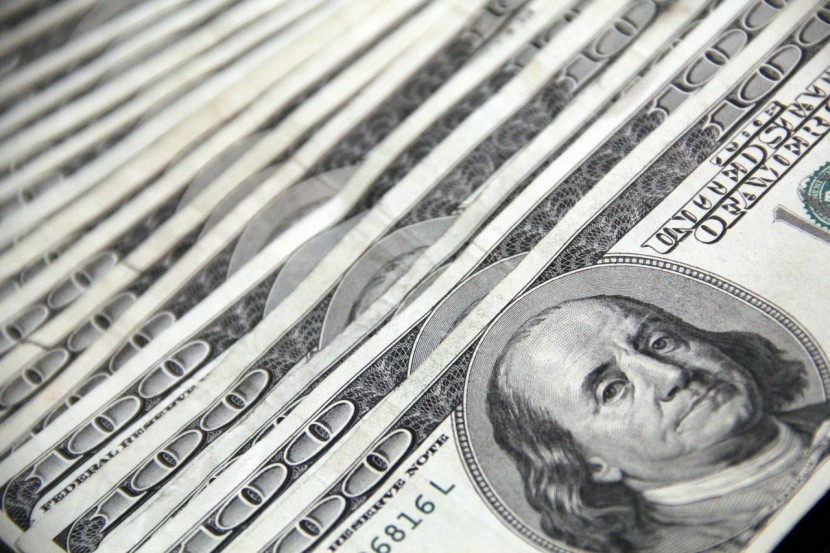The IRS is sure to make a few errors with a backlog of 35 million returns to process as of early July and now with child credit payments to distribute to 35 million households every month.

Families Reported They Received the Wrong Amount
In a recently published article in CBS News, on July 15, the first of six monthly payments under the increased Child Tax Credit came. Most parents with children aged 17 and under received one of the payments. However, other parents are claiming that they have yet to get a check or that they received the wrong amount.
Given that the huge new program is decided by a family's 2019 or 2020 tax return, it is hardly unexpected that some parents are experiencing issues with the increased CTC. The IRS has been contacting parents who do not usually file taxes to encourage them to file a simplified return that will allow them to participate in the program. Others, on the other hand, may be dealing with issues that are more difficult to resolve.
Mark Steber, Jackson Hewitt's chief tax information officer, said many of the problems that parents face are due to misconceptions regarding eligibility. The IRS agreed, stating that income phaseouts and the age of a kid may be factors that may have led individuals to receive less money than they anticipated, according to The Washington Post.
Some Factors That Caused Child Tax Credit Problems
It's possible that the IRS is to blame if you received the first of those new checks and if the amount seemed to be incorrect. But, before you call the tax office, which usually has lengthy phone wait time, here are five causes of payment issues that you can resolve on your own, according to Yahoo News.
1. Filing of Taxes
To guarantee that you get adequate child credit money each month, the IRS wants to know your 2020 income. Households led by couples filing jointly must earn $150,000 or less to qualify for the full benefit. The income threshold for single parents is $75,000.
The IRS must base payments on 2019 income for individuals who haven't paid their taxes for 2020. Parents may now be getting decreased child credit cash that does not represent their most recent income since many of those families experienced unexpected unemployment or salary cutbacks last year as a result of the epidemic.
2. IRS Might Send Your Check to a Close Account
Because it's conceivable that the IRS sent your cheque to a defunct or inactive bank account, Steber advises people to double-check that the IRS has the most up-to-date information.
Start by visiting the IRS's Child Tax Credit Update Portal, which will provide you with some basic information about the check's destination, such as your address and bank account. This will notify you if the IRS is transferring money to an outdated address or a closed account.
3. Number of Qualifying Children
Every child between the ages of 6 and 17 will get $250 per month while children under the age of 6 will receive $300. Households that have a new baby in the first half of 2021, a newborn who won't be accounted for on the family's 2020 tax return but would make the family eligible for additional child credit money, will have to wait until later this summer to update their information with the IRS.
It is important to note that the IRS is relying on the most current tax return on file to calculate payment since the child tax credit is being given in advance every month until December. If your family never filed taxes with the IRS or if the tax information is now obsolete, this may be a problem.
© 2026 HNGN, All rights reserved. Do not reproduce without permission.








